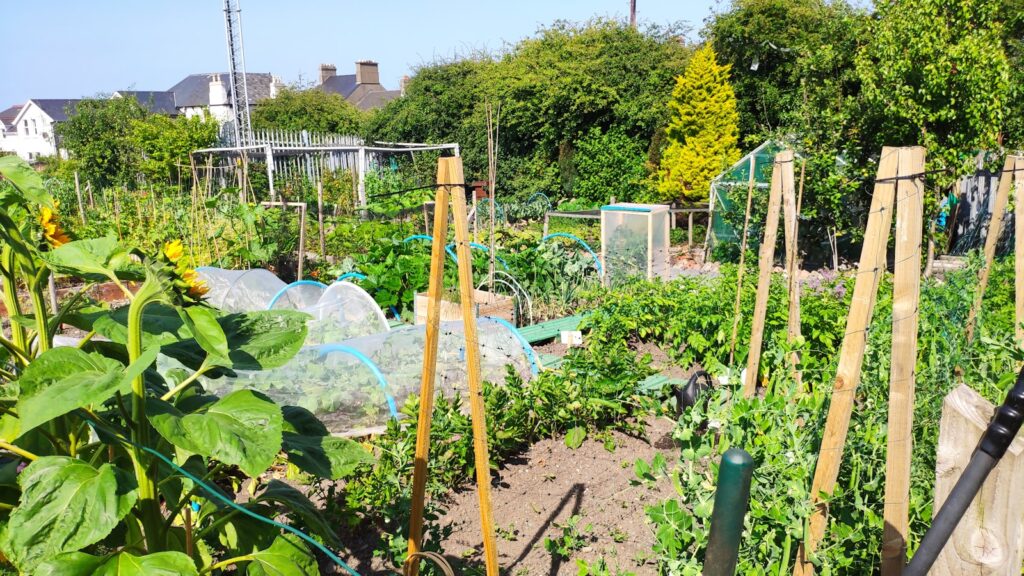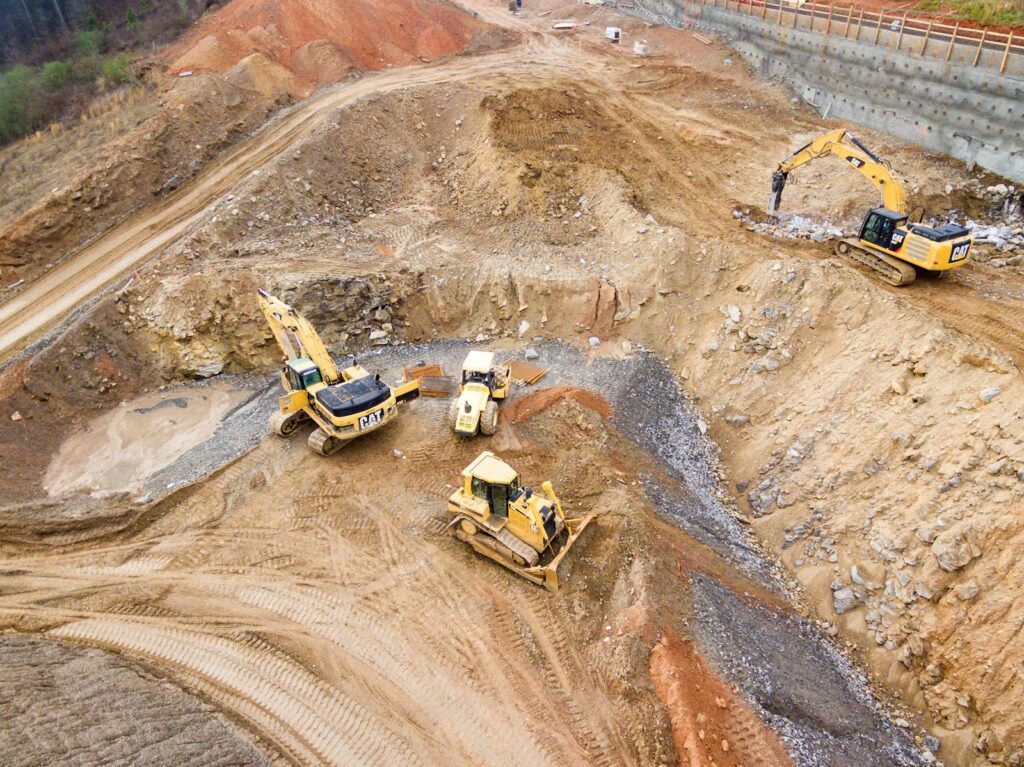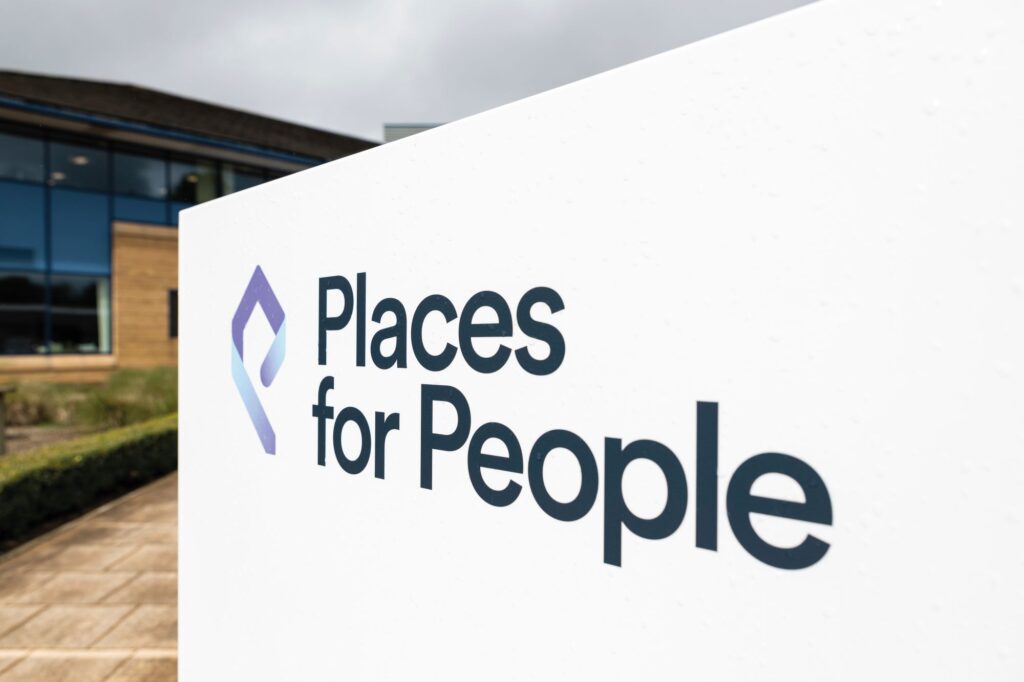Planning application statistics released by the Scottish Government have been called ‘shocking’ by trade body Homes for Scotland.
The figures show that in 2019/20 there were 159 applications for major housing developments and by 2022/23 this had dropped to 97 – a fall of 45%
Despite the drop in the number of applications, average decision times were four weeks longer than pre-Covid levels at 39.3 weeks, nearly two and a half times the 16 week statutory timeframe for such applications.
The report also highlighted a downward trend in local housing applications (those that have less than 50 dwellings and a site area that is less than 2 hectares), which numbered 4,194 in
2022/23, compared to 5,308 in 2018/19.
Average decision times (for those without processing agreements) have increased by 4.8 weeks since 2019/20 and only 39% were decided within two months, compared to 56% in 2019/20.
Last month, Homes for Scotland expressed concern over the continuing fall in the number of new homes started across all sectors, which was revealed to stand at 25% below those started in the pre-pandemic year to March 2020.
HFS Director of Planning Liz Hamilton said: ‘In the context of Scotland’s housing crisis and the shortfall of 114,000 new homes that has accumulated since 2008, these shocking figures illustrate how much worse the situation is becoming.
‘Scotland simply cannot afford, either socially or economically, to let this continue but issues with the new National Planning Framework 4 point to such an outcome.
‘The Scottish Government must get Scotland’s planning system sorted if we are to ensure this and future generations are able to access safe and sustainable homes that meet their needs and they can afford.
‘This requires significant investment in and resourcing of planning services. We also need a system that balances the housing crisis equally with those of climate and nature. We want to continue to work with Ministers and officials to achieve this, particularly in relation to filling any data gaps that exist so that policy decision-making is pragmatic and evidence-based.’



















Leave a Reply